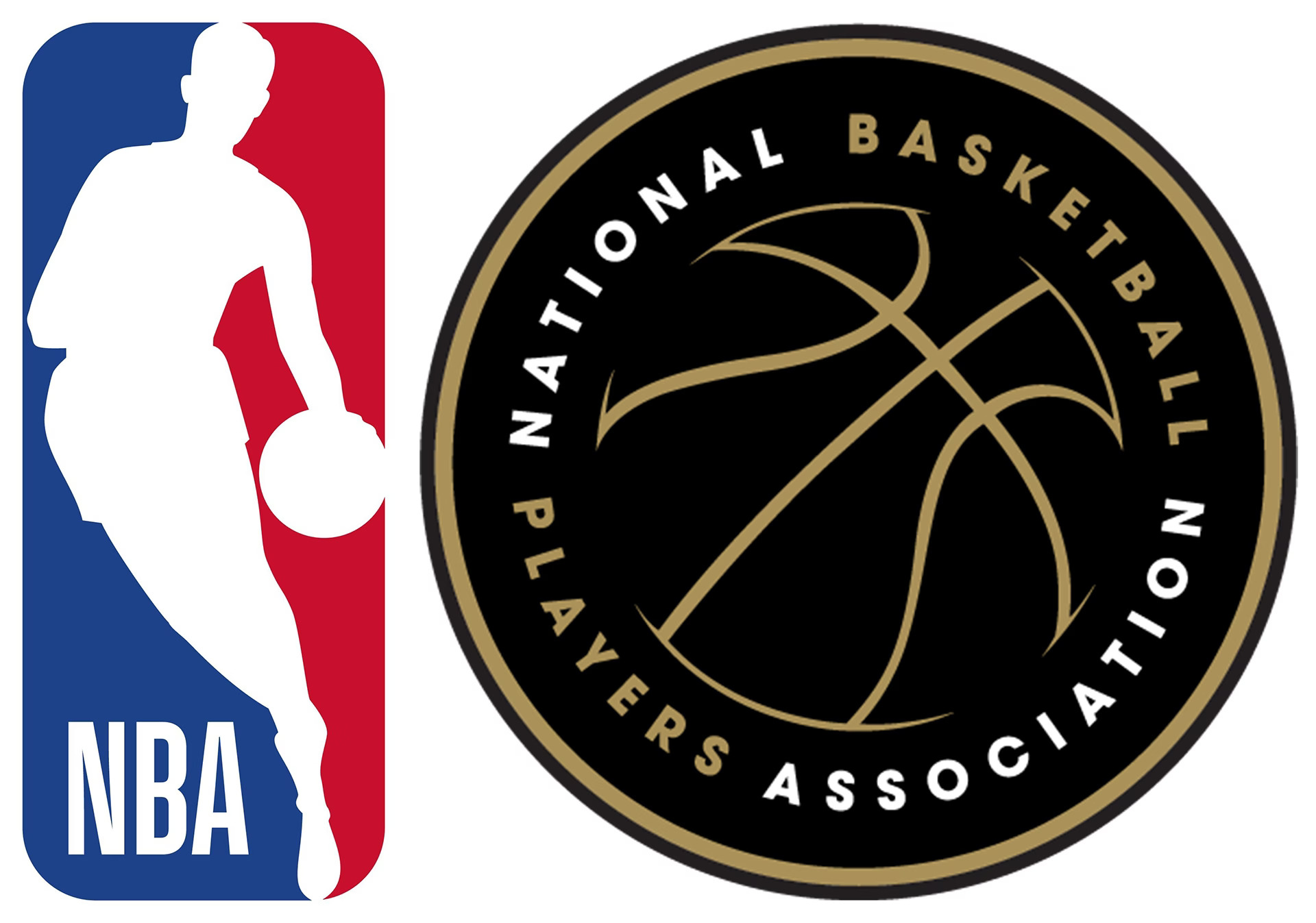The NBA and National Basketball Players Association have reportedly reached a new seven-year collective bargaining agreement. The deal includes an opt-out option after the sixth year and aims to promote labor peace throughout this decade.
NBA and NBPA have agreed to a minimum number of games played – 65 games – for players to be eligible to win major individual league awards such as MVP in the new CBA, sources tell @TheAthletic @Stadium.
— Shams Charania (@ShamsCharania) April 1, 2023
The NBA is expected to curb the spending ability of the highest-spending teams, such as the Golden State Warriors and the LA Clippers. The league will implement a second salary cap apron and restrict access to the taxpayer mid-level in free agency. These changes will be eased into the salary cap over time, limiting teams’ ability to continue running up salary and luxury tax spending.
As a counter to these spending limitations, the new CBA is expected to create more spending and trade opportunities for teams with lower spending capacity. The league will open up more opportunities in the free agent market, including larger trade exceptions.
The NBA & NBPA have agreed to a new seven-year collective bargaining agreement that will start in the 2023-24 season
It includes an in-season tournament, a 65 game minimum to be eligible for individual awards, and payroll changes, per @wojespn pic.twitter.com/DygQgY7Pts
— TWSN (@TWSN___) April 1, 2023
The NBA is also attempting to curb load management and lost games among star players by tying eligibility for postseason awards to a mandatory 65 games played. The in-season tournament will be introduced from the 2023-24 season, including pool-play games baked into the regular-season schedule.
The tournament will involve eight teams advancing to a single-elimination tournament in December. The Final Four will be held at a neutral site, with Las Vegas being prominent in the discussion. Each in-season tournament game would count towards regular-season standings, and winning players and coaches will earn additional prize money.

The NBA and NBPA have agreed to increase the upper limits on extensions from a 120% increase on a current deal to 140%, potentially having a significant impact on the futures of stars like Celtics forward Jaylen Brown and Sacramento Kings All-Star center Domantas Sabonis.
There will also be an increase in two-way contract slots, jumping from two to three per team. Two-way contracts were created in the 2017 collective bargaining agreement as a vehicle for teams to develop younger players.
Overall, the new CBA aims to balance spending among teams while providing more opportunities for the lower-spending teams. The introduction of an in-season tournament and a 65-game minimum for postseason awards will hopefully promote more competitive games and reduce the number of games missed by star players due to load management. The agreement will provide more stability and promote labor peace through the next decade, benefitting the league, the players, and the fans.
NBA and NBPA Remain Firm on Minimum Age Requirement Amid New CBA Negotiations
The National Basketball Association (NBA) and the National Basketball Players Association (NBPA) have decided against lowering the minimum age for players from 19 to 18 amid new collective bargaining agreement (CBA) negotiations.
This move would have allowed players to enter the NBA Draft directly out of high school, thereby ending the “one-and-done” era in college basketball. However, both sides didn’t feel strongly enough to make any changes to the current age requirement.

The NBA raised the minimum draft age to 19 in 2005, but there have been discussions in recent years about lowering it again. Still, NBA owners and executives showed indifference or complete opposition to the idea. The league’s players can now get paid before joining the NBA through the G League Ignite or NIL deals at the college level. As a result, there is less pressure to change the minimum age requirement.
The NBA and the NBPA continue to negotiate a new CBA, with a Friday night deadline to avoid a possible work stoppage.








